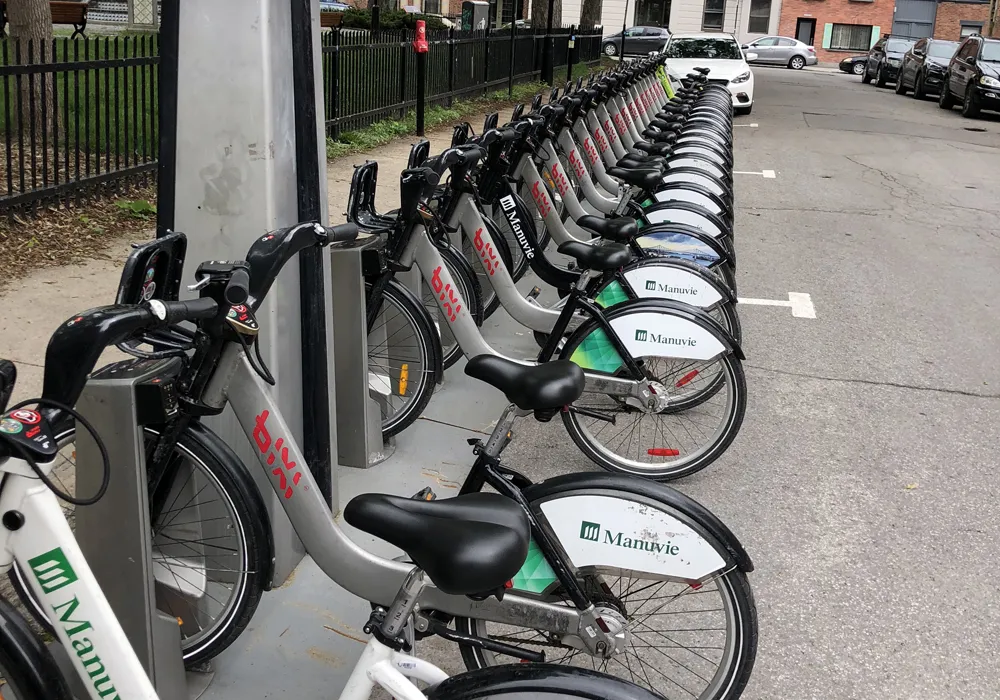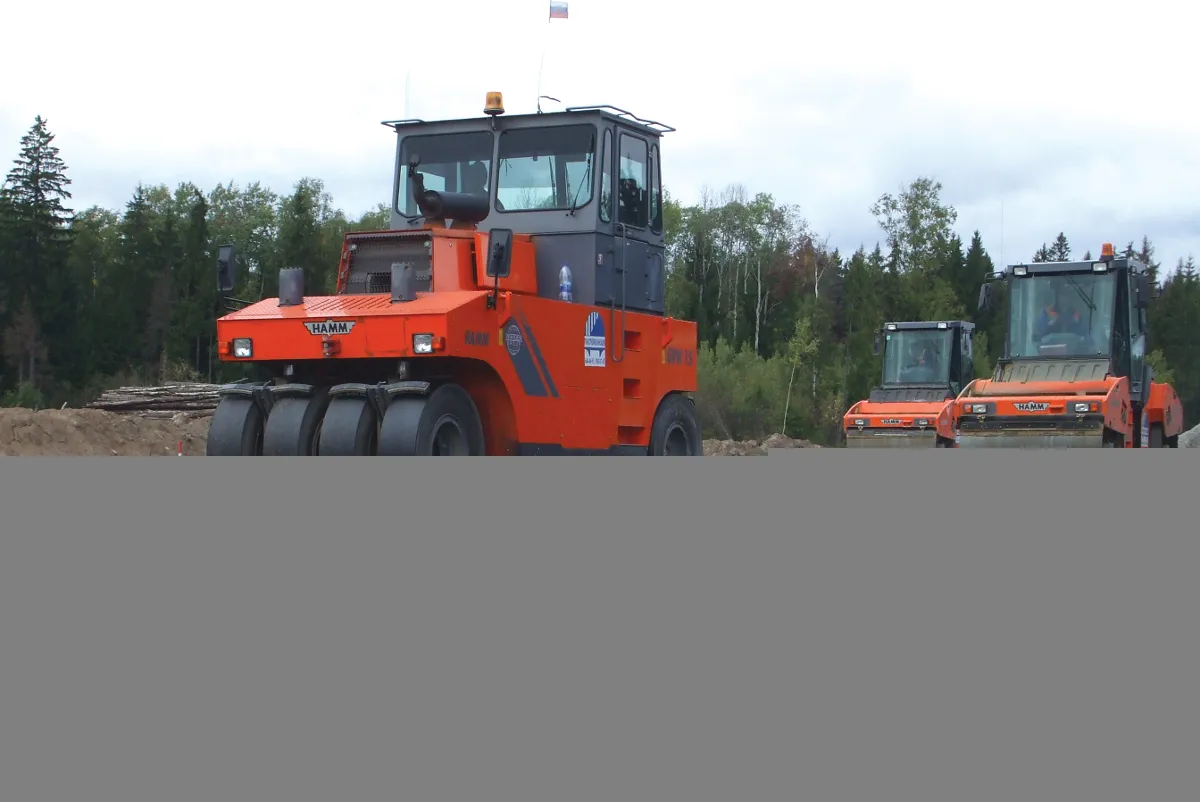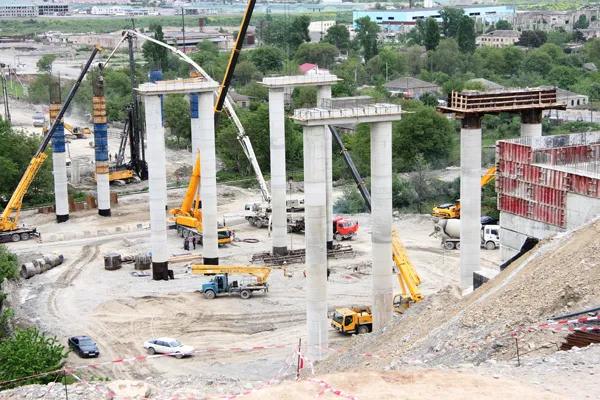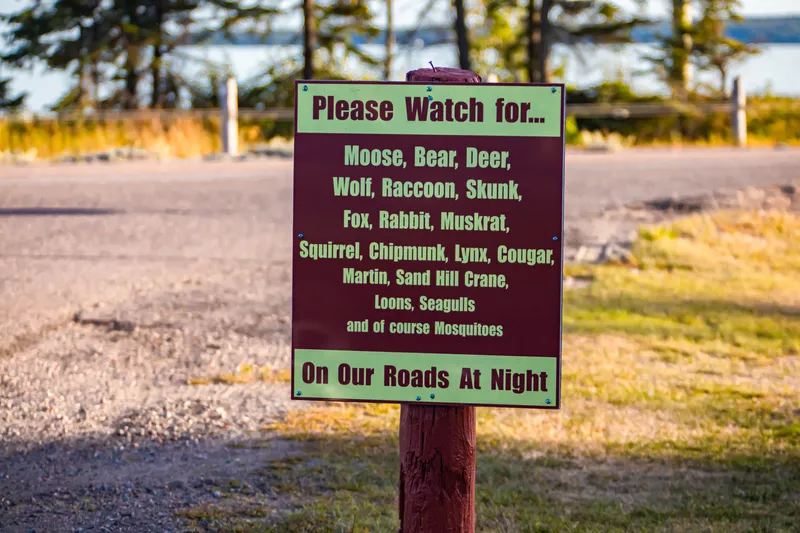A campaign by the editor of a women's magazine resulted in road signs being altered in the US city of Atlanta, Georgia. Following this move, over 50 'Men at Work' or 'Men Working' warnings will be repainted at a cost of US$22/sign. The city says that all future signs it buys will be gender neutral. Over half of the Atlanta Public Works department's employees are women, and some had complained about the signs in the past.
July 19, 2012
Read time: 1 min
A campaign by the editor of a women's magazine resulted in road signs being altered in the US city of Atlanta, Georgia. Following this move, over 50 'Men at Work' or 'Men Working' warnings will be repainted at a cost of US$22/sign. The city says that all future signs it buys will be gender neutral. Over half of the Atlanta Public Works department's employees are women, and some had complained about the signs in the past.









